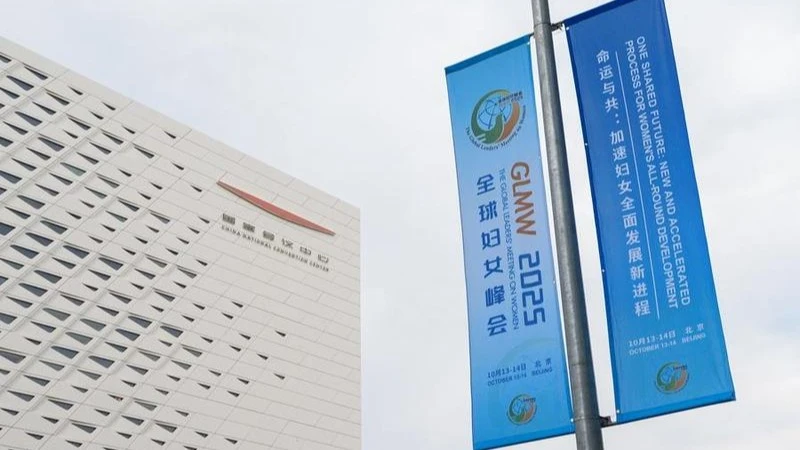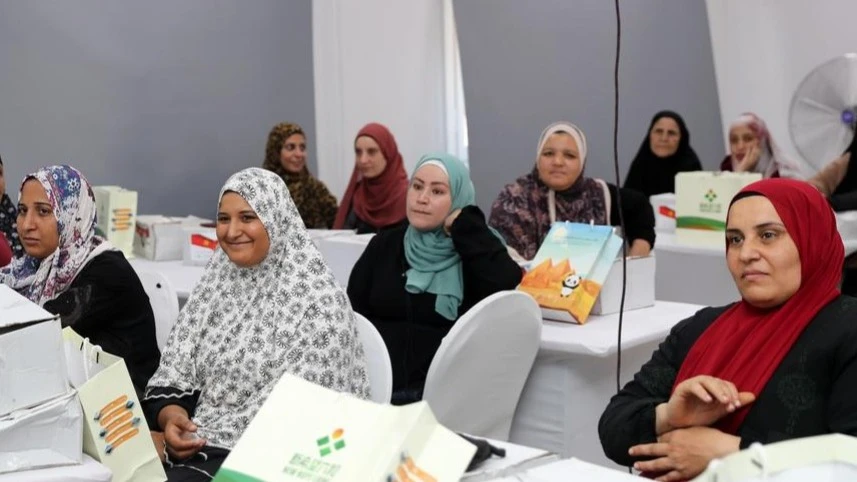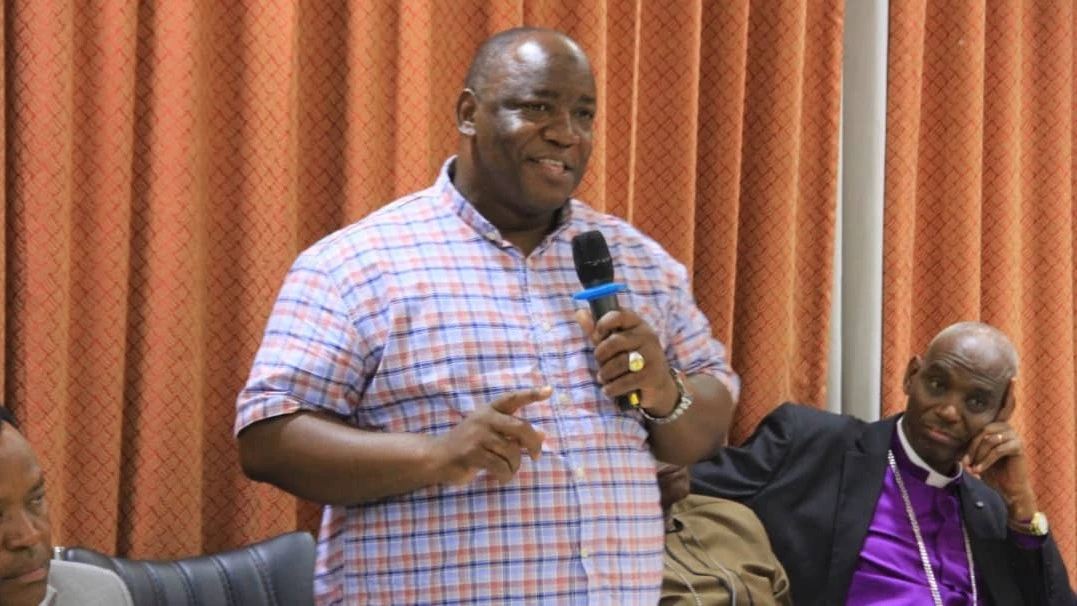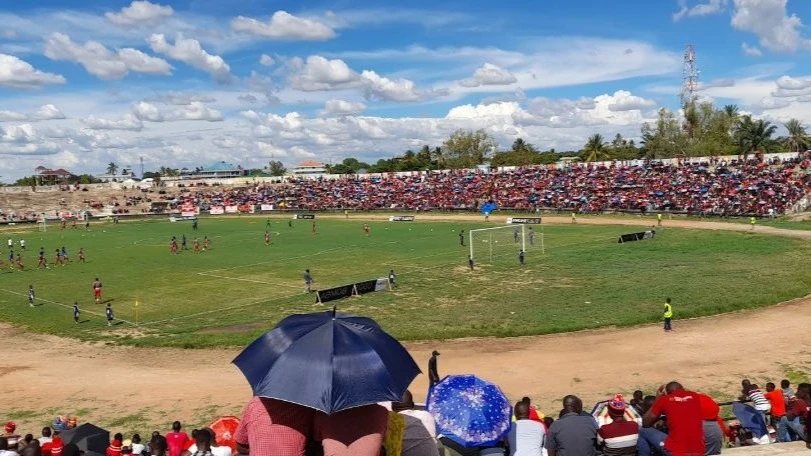Board poised to revive nation’s sisal fiber industry
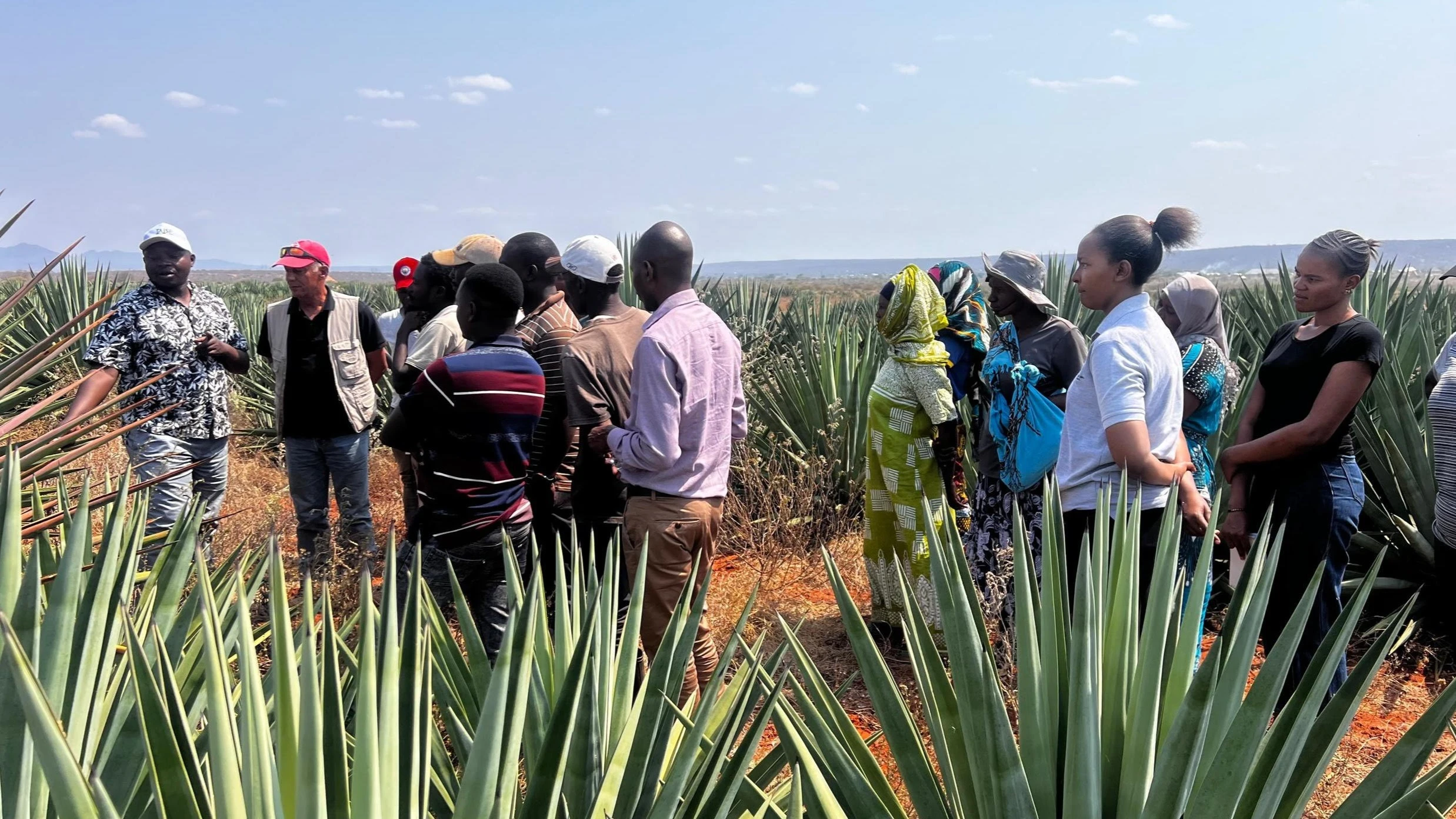
THE Tanzania Sisal Board’s (TSB) swift move to implement President Samia Suluhu Hassan’s directive — transferring the management of sisal decortication machines to Agricultural Marketing Cooperative Societies (Amcos) — marks a significant policy shift aimed at restructuring the country’s sisal value chain.
TSB Director General Saddy Kambona confirmed that the rollout began just a week after President Samia’s pronouncement during her campaign tour in Korogwe District.
The directive seeks to place processing machinery directly in the hands of farmers through their cooperatives — a step viewed as both an economic empowerment strategy and a structural reform of the once-declining sisal industry.
Speaking in Tanga, Kambona noted that the TSB had already started implementing the order issued on September 30, emphasizing that all decortication machines should operate under Amcos management but remain under TSB’s technical oversight.
The goal, he said, is to enhance efficiency, transparency, and productivity in fiber processing.
He dismissed any suggestion of political motives, insisting the move was purely economic. “Implementation has already started,” Kambona said, citing ongoing discussions with the National Social Security Fund (NSSF) on logistical aspects.
“Once these are finalized, the machines will be officially handed over to the cooperatives.”
For many smallholder sisal farmers, this development is being hailed as long overdue.
PShedrack Lugendo, Chairman of the Korogwe Sisal Cooperative Forum, said the decision directly responds to growers’ long-standing appeals for greater control over the processing phase.
“Returning these machines to Amcos management means we now own both the plantations and the means of processing — a critical link for increasing efficiency and farmer earnings,” Lugendo said.
Tanzania, once a global leader in sisal production, has in recent decades seen its industry weakened by structural inefficiencies and estate dominance.
Henry Nyari, long service manager,at sisal plantations in Tanga once the plantations were under Tanzania Sisal Authority (TSA) argued that decentralizing processing could breathe new life into rural economies by creating localized value addition, higher fiber prices, and employment opportunities.
"Decortication machines — which automate leaf crushing and fiber separation — are expected to improve the quality of sisal fiber, lower processing costs, and encourage broader participation in the value chain," he said.
"Their use under cooperative ownership could also stimulate rural industrialization, with new ventures emerging around sisal byproducts such as biogas, handicrafts, and organic fertilizers,"he added.
The initiative aligns with President Samia’s wider agricultural transformation agenda, emphasizing inclusive, cooperative-driven growth and value-chain modernization.
Another agro economist, Godfrey Msuya said that by transferring processing authority from large estates to farmer groups, the government aims to rebalance economic power in favor of rural producers — a move that could redefine the dynamics of Tanzania’s agro-industrial sector.
"If effectively implemented, the transition of sisal machines to cooperative control could become a model for value-chain democratization, proving that policy-driven decentralization can deliver both economic efficiency and social equity in Tanzania’s agriculture sector" noted.
Top Headlines
© 2025 IPPMEDIA.COM. ALL RIGHTS RESERVED














